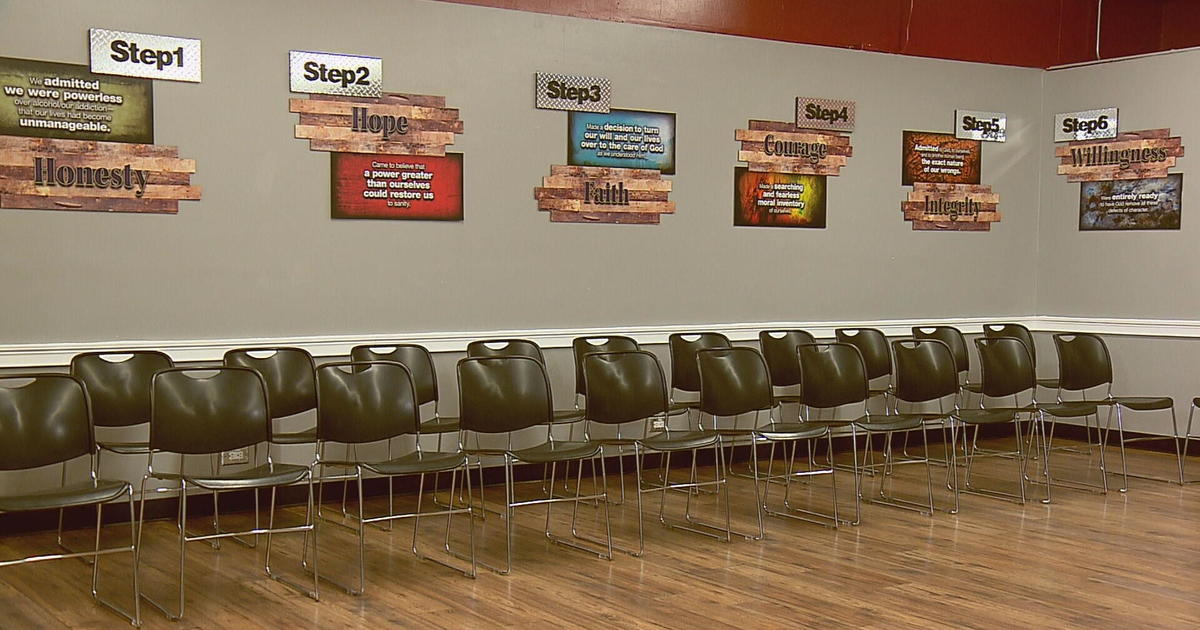Teen Marijuana Use Associated With Adult Insomnia Risk
BOULDER, Colo. (CBS4) -- Teenagers who consume marijuana may be more likely to suffer from insomnia as adults, according to a new University of Colorado Boulder study of more than 1,800 twins.
"People tend to think that cannabis helps with sleep, but if you look closely at the studies, continued or excessive use is also associated with a lot of sleep deficits," said lead author Evan Winiger, a graduate student in the Institute for Behavioral Genetics.
The study, published in the journal Sleep, adds to a growing body of evidence suggesting that while marijuana may help some users fall asleep occasionally, chronic use can have negative long-term consequences, particularly for the young.
The study found that about one-third of subjects who started using marijuana regularly before age 18 had insomnia in adulthood, compared to less than 20% among those who didn't use cannabis regularly as teens. People who started using marijuana after they turned 18 also had slightly higher rates of insomnia in young adulthood. And these patterns persisted when controlling for depression, anxiety and shift work (which can all also impair sleep).
Exactly why early cannabis use correlates with later sleep problems remains unclear, but there are several theories.
As Winiger explains, the human body has its own endocannabinoid system, producing chemicals much like the cannabinoids (CBD and THC) present in marijuana that bind to cannabinoid receptors in our brains and have been shown to influence our cognition, emotions and circadian rhythm—or body clock.
"One theory is that these receptors are being desensitized or disturbed from all the cannabis use at a time that the brain is still developing, and that leads to waking issues later," he said.
It could also be that cannabis use in adolescence leads to structural changes in the brain. (Previous brain imaging studies have shown it can alter the developing prefrontal cortex.) Or chronic use may set teens up for poor sleep habits, which linger into adulthood.
Genes may also be at play. Researchers concluded that many of the same genes that contribute to the risk of early cannabis use are also associated with insomnia and insomnia with short sleep.
"It is possible that sleep problems could influence cannabis use, cannabis use could influence sleep problems, or common genetics could be responsible," the authors wrote.
The study does not necessarily mean all strains of marijuana are bad for sleep in all people all the time, Winiger notes. Some previous studies show cannabis can help people fall asleep if used occasionally, but chronic use and higher concentrations can disturb sleep quality.
For teens though, there are added risks, he said. It's not recommended.
"The brain is still changing until you are in your mid-twenties. What you do when you are young can have a big impact."



